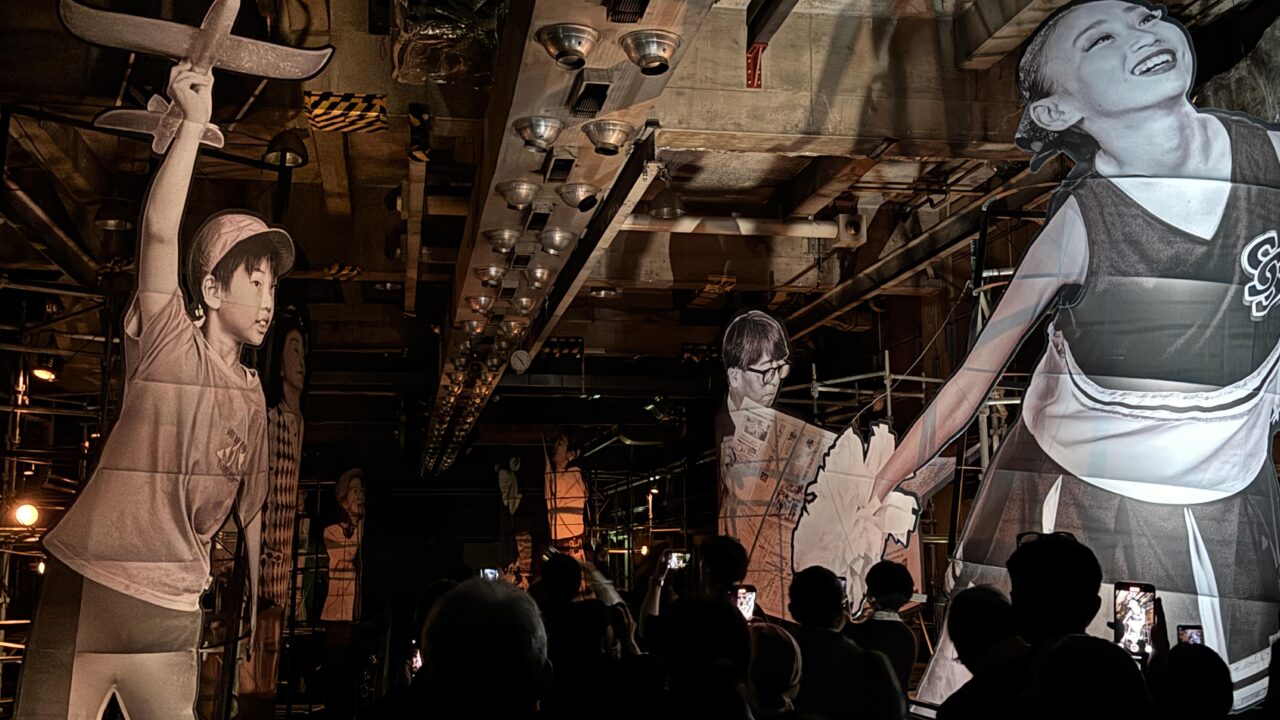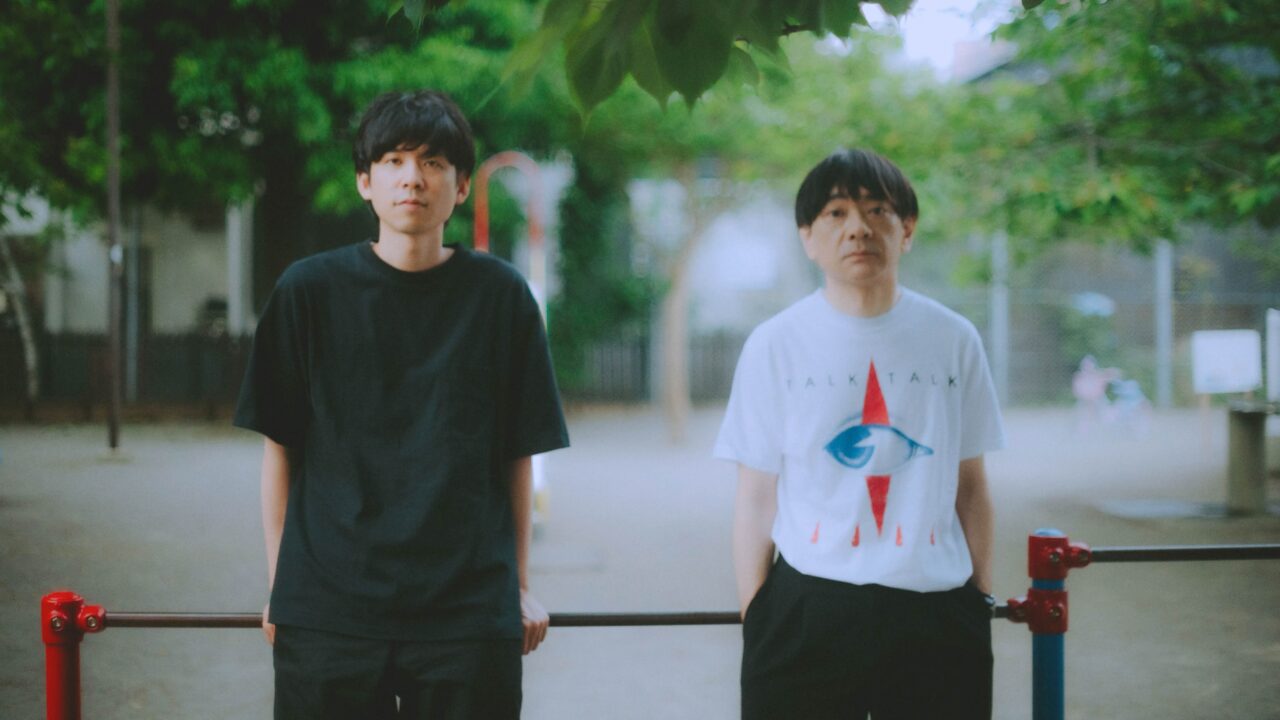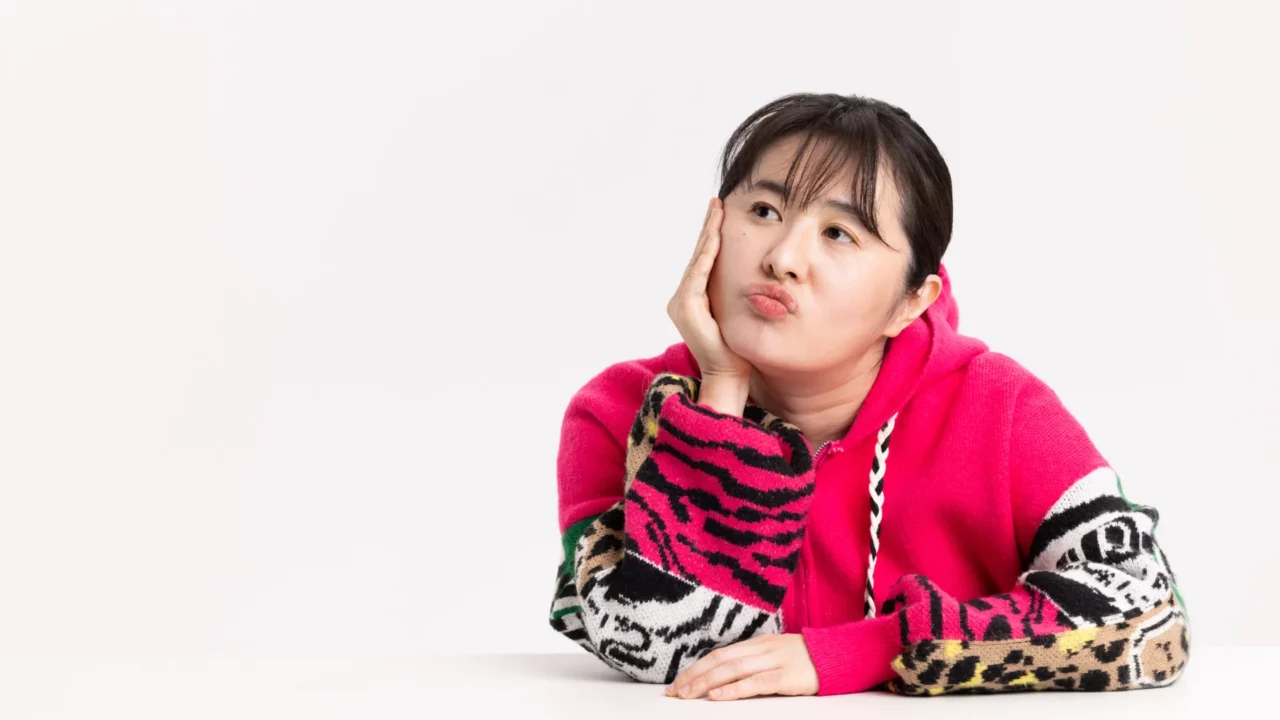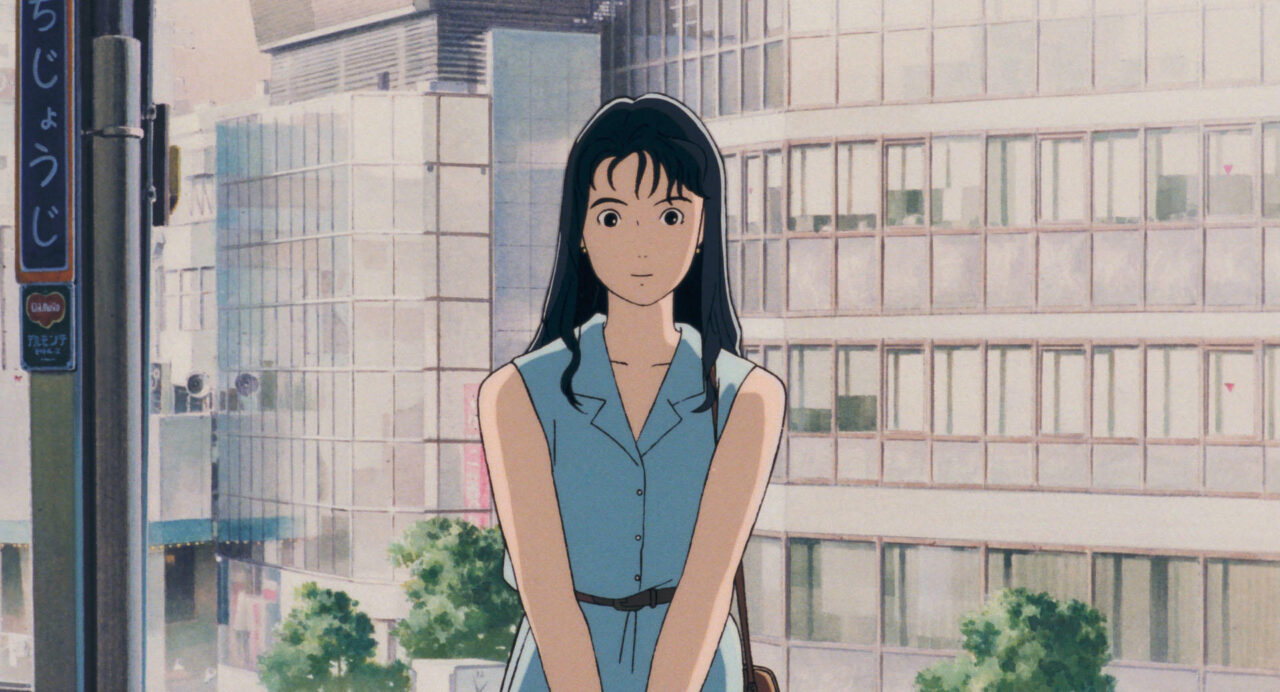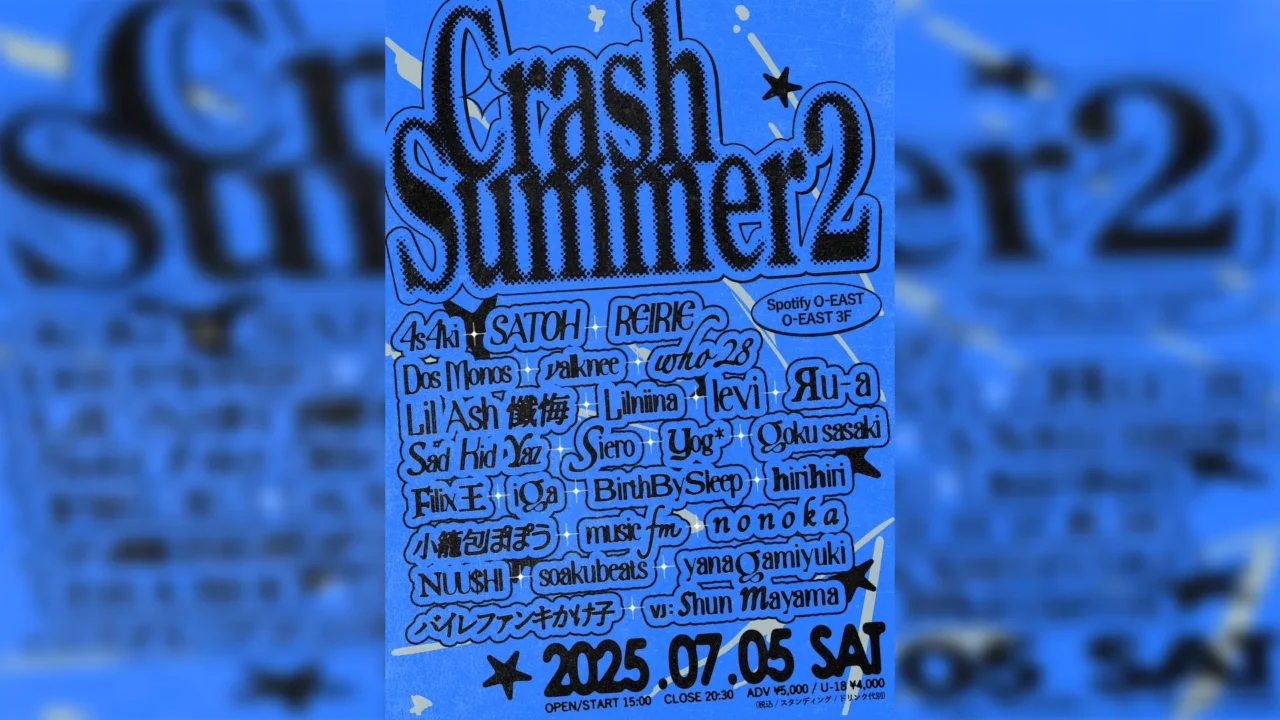The film ‘The Assistant’ critically addresses harassment issues reminiscent of the case involving American film producer Harvey Weinstein, a central figure in the #MeToo movement. This film, directed by Kitty Green in her narrative feature debut, quickly gained attention.
Kitty Green, leveraging her background in documentary filmmaking, meticulously researched real-life issues before bringing them to the screen, aiming to provoke discussion on important topics. Her latest film, ‘The Royal Hotel,’ set to be released on Friday, July 26, explores harassment in a real Australian pub. The movie portrays the unsettling experiences of two backpackers working in the pub, who face inappropriate behavior from the patrons, all depicted from a realistic female perspective. The film is a feminist narrative that vividly captures the suffocating reality where no help is forthcoming, leading to a provocative conclusion. In an interview, the director expressed her hope that the film would spark meaningful debate and shared her motivations behind its creation.
INDEX
Discussing Potential Harassment Situations Could Help Prevent Them
-In your previous film ‘The Assistant,’ you depicted the systemic structure that perpetuates harassment and sexual abuse through the daily experiences of a new assistant working at a film company. In your new film ‘The Royal Hotel,’ you also portray two women who suffer harassment in a closed-off male-dominated society. The story feels so relatable that it seems as if it could happen anywhere in the world.
Kitty: Thank you. While the film is set in an ordinary bar, I believe that depicting the story from a female perspective has made it a work capable of sparking widespread discussion.
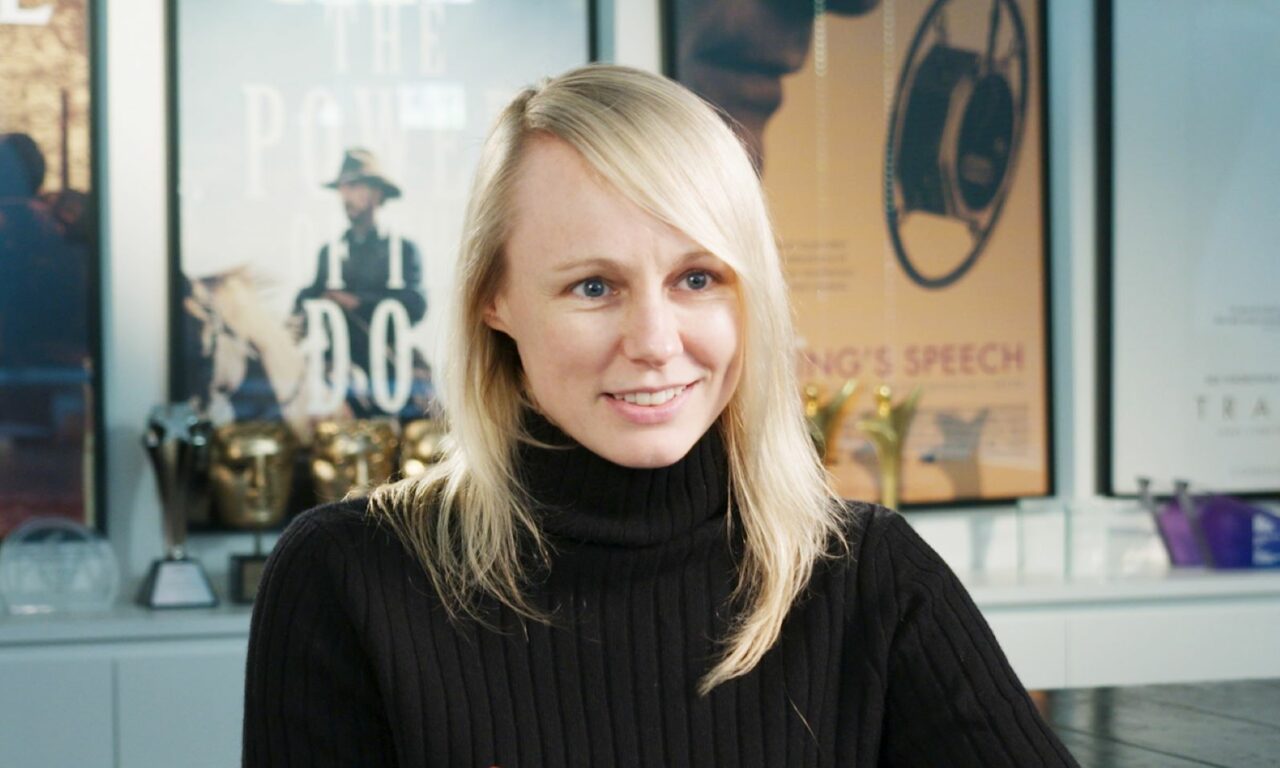
Australian film director and screenwriter born in Melbourne in 1984. She made her debut in 2013 with the documentary “Ukraine Is Not a Brothel,” which focuses on the Ukrainian feminist protest group FEMEN. The film was screened at over 50 film festivals worldwide, including the 70th Venice International Film Festival. In 2015, her short documentary “The Face of Ukraine: Casting Oksana Baiul” won the Short Film Jury Prize at the 31st Sundance Film Festival. In 2017, she directed the Netflix original documentary “Casting JonBenet,” which won the Best Feature Documentary Award at the 7th AACTA Awards. Her first feature film, “The Assistant” (2019), tackled the issue of workplace harassment. Her latest film, “The Royal Hotel,” was nominated for the Best Film award at the 71st San Sebastián International Film Festival.
-Why did you choose to focus on the theme of “harassment” again in this film, following your previous work?
Kitty: What interests me in both works is the process by which harassment ultimately leads to sexual violence. While it might not be sexual violence in itself, there are behaviors that can create discomfort or carry the risk of escalating into rape or violence.
-I have witnessed behavior that goes too far.
Kitty: I often think that if we could raise our voices a bit earlier, before harassment actually happens, we might be able to prevent harm before it affects someone. Instead of judging without room for discussion, talking together about situations that might be harassment, such as “Could this be harassment?” could be one way to prevent things from escalating further. That’s why I chose to address this theme again.
-Are you suggesting that it’s not just about having knowledge of harassment, but also about fostering more conversation and dialogue among each other?
Kitty: I believe we should have those conversations, and fiction films can serve as a good hook for discussions. For example, in a fictional film, you can use close-up shots to focus on a character’s actions or expressions. This helps to objectively show how certain behaviors can create an unsafe impression for others, even if it wasn’t intended.
-The screen allows you to objectively see how the other person might be feeling.
Kitty: Yes, that’s right. As a filmmaker, I’m aware that I have these tools at my disposal. By capturing how certain actions might affect someone’s feelings on camera, I hope that people can discuss their thoughts and reactions through the film. This, to me, represents an ideal outcome.
INDEX
Empowering Women: A Protagonist’s Path to Self-Discovery and Advocacy
-I heard that this film was inspired by the documentary ‘Hotel Coolgardie,’ which captures the harassment faced by two Finns working at an Australian pub during their travels. What specific elements of this documentary influenced you?
Kitty: When I watched ‘Hotel Coolgardie’ at the film festival, I felt it provided a very honest perspective on situations where harassment occurs. Excessive drinking often raises the “threat level” in a given environment. It becomes difficult to distinguish between a joke and something dangerous. I found their portrayal of these nuances to be very realistic.
-In the previous film, the protagonist was caught up in a terrible system. Why did you choose to center this film around Hannah, a woman who confronts difficult situations head-on?
Kitty: If I were to make another film with Julia Garner, who starred in ‘The Assistant,’ I wanted to focus on a woman discovering her own strength little by little. She doesn’t experience a dramatic transformation, but she gradually learns to say “No,” stand up for herself and her friends, and believe in herself despite her doubts.
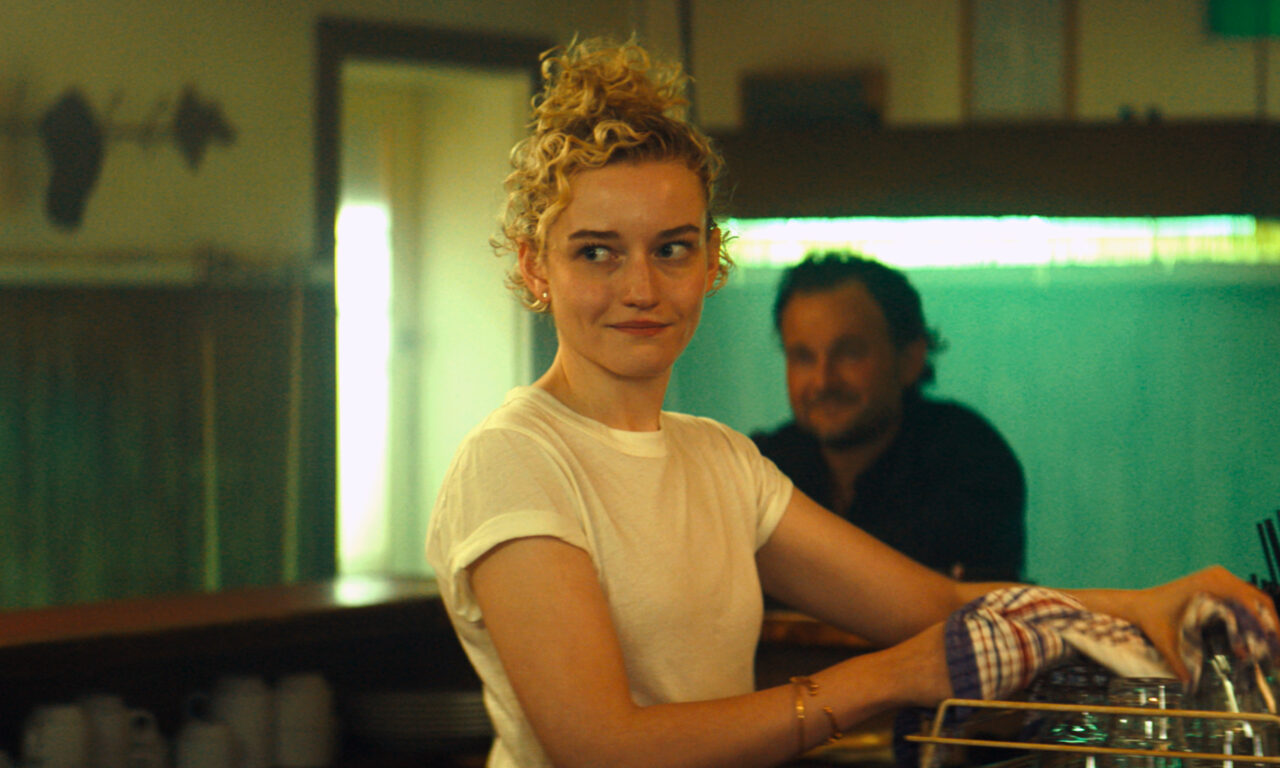
-From my perspective, Hannah felt strong from the beginning. She had the will to avoid being exploited and would never tolerate unreasonable situations. What was most important to Hannah in her battle against fear?
Kitty: That’s an interesting question… I can’t answer it perfectly, but the fact that the two girls in the documentary who inspired this film were strong individuals is significant. I was very impressed by their ability to firmly say “No” despite being in their twenties. If I were in the same situation, I’m not sure I would be able to express my own will. I might get swept along by the situation or lack the guts to stand up. So, I wanted to incorporate their strength from the documentary into this film.
-Even you can sometimes get swept up in unreasonable situations.
Kitty: I believe I can say “No” to someone who harasses me now, but the women in the film are in their twenties and quite young. At that age, understanding the words is one thing, but being able to stand up for oneself and not be swept away by a different culture or larger forces is truly remarkable.
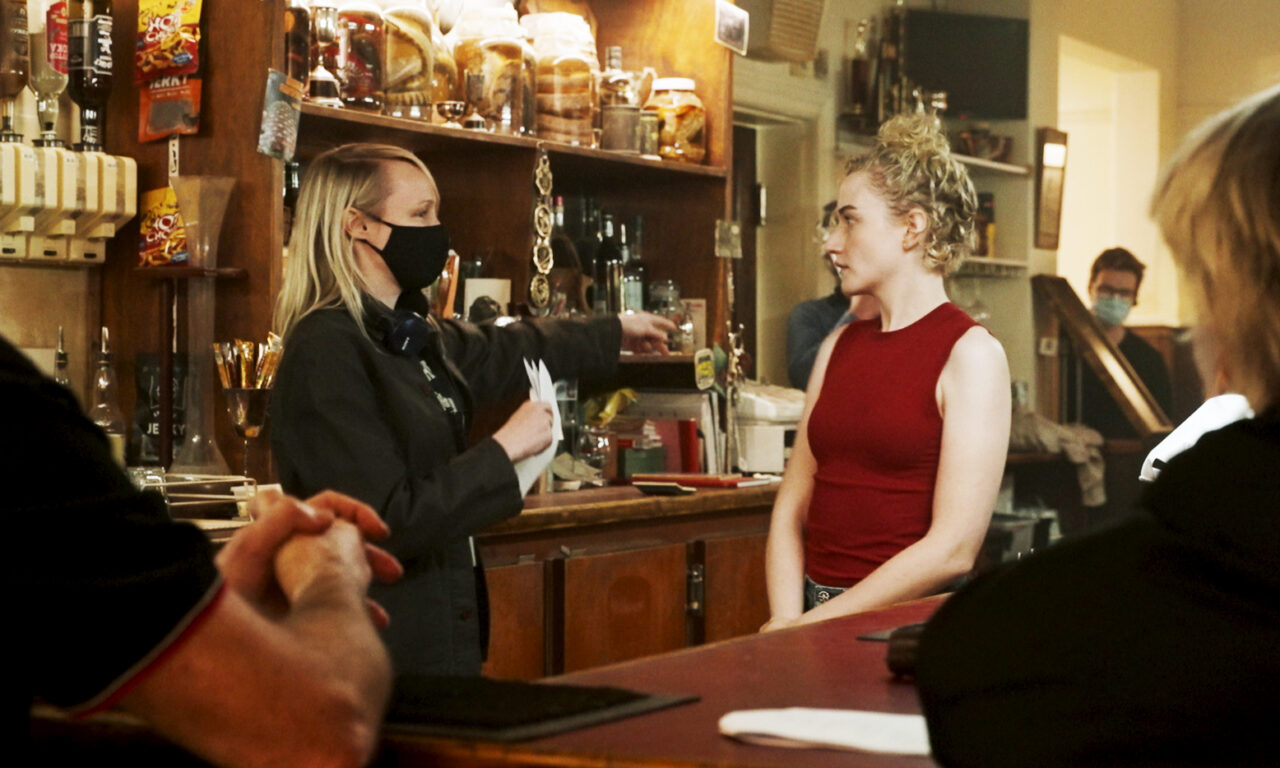
-It was painful to see Hannah get hurt. She faces the possibility of her close friend Lib being involved in rape and other dangers, and as a result, she suffers physical injuries herself. It made me question whether women have to go to such extremes to survive in a male-dominated environment. Why was this portrayal chosen?
Kitty: The main priority was to stay true to the documentary. However, since the documentary ended on a very somber note with the protagonist going blind due to alcohol addiction from diabetes, we kept the violent depictions to a minimum and included only a subtle homage to that aspect.
From my perspective, Hannah doesn’t suffer any significant physical loss; she endures and emerges stronger from her experiences in Australia. I interpret that she becomes more confident and resilient. If a similar situation arises in the future, she will be the first to stand up for herself.
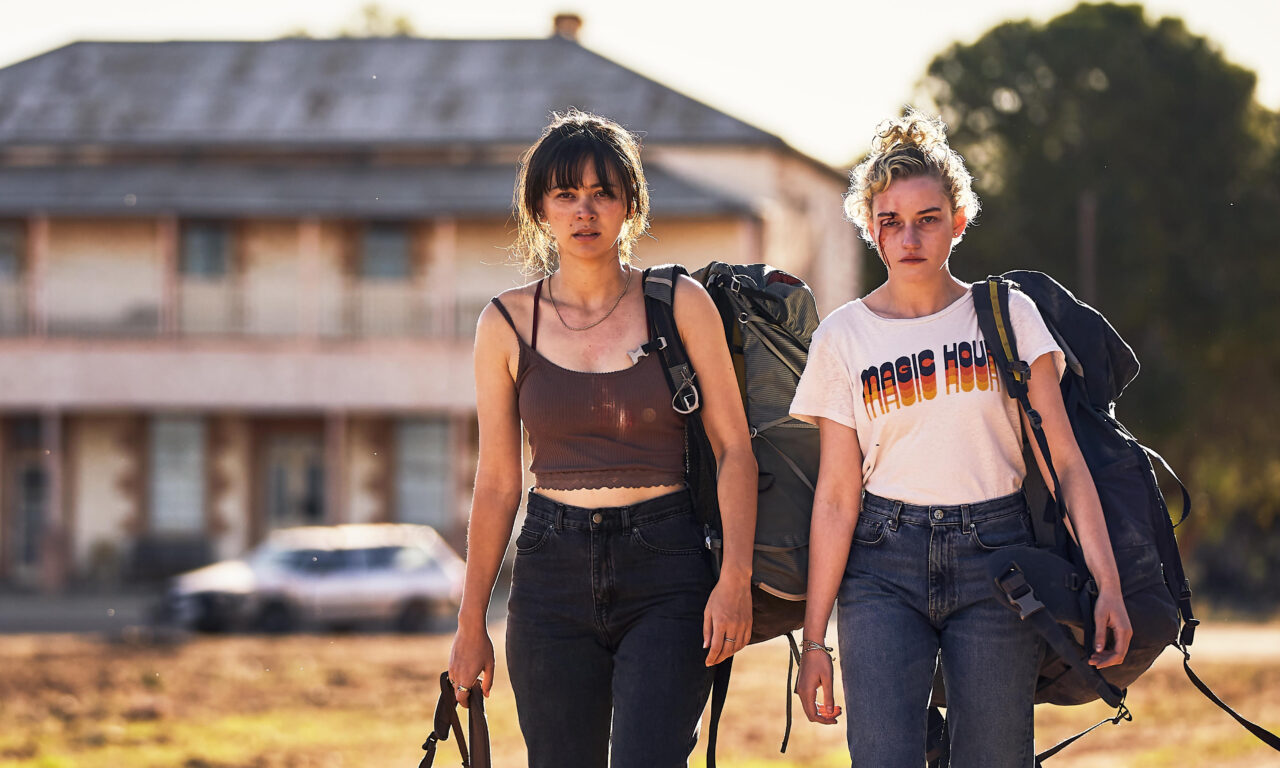
-She learned from the experience and progressed to the next stage.
Kitty: I see this film as a road movie. It’s about a journey that significantly changes one’s life at a young age, accumulating unique experiences that lead to growing up. The film captures that moment of transformation.
INDEX
Kitty: “Speaking up requires confidence, and building that confidence takes time“
-After watching the film, I was reminded of how Japanese customer service is often praised as the best in the world. It is highly valued for being excessively polite, friendly, and considerate. Accepting any situation, like Liv does, is considered a virtue in Japan. How do you view the different attitudes towards unfair situations, as depicted through Hannah’s fight and Liv’s acceptance?
Kitty: Indeed, the situation was unjust, but what I portrayed was a clash of cultures. When encountering a new culture, reactions can vary, much like Hannah and Liv’s responses. Neither approach is necessarily right or wrong. Liv adopts an attitude of accepting the “flawed” men, as if to say, “They have their good points too.” On the other hand, Hannah is guarded and constantly skeptical. The difference in attitudes becomes particularly clear when alcohol is involved.
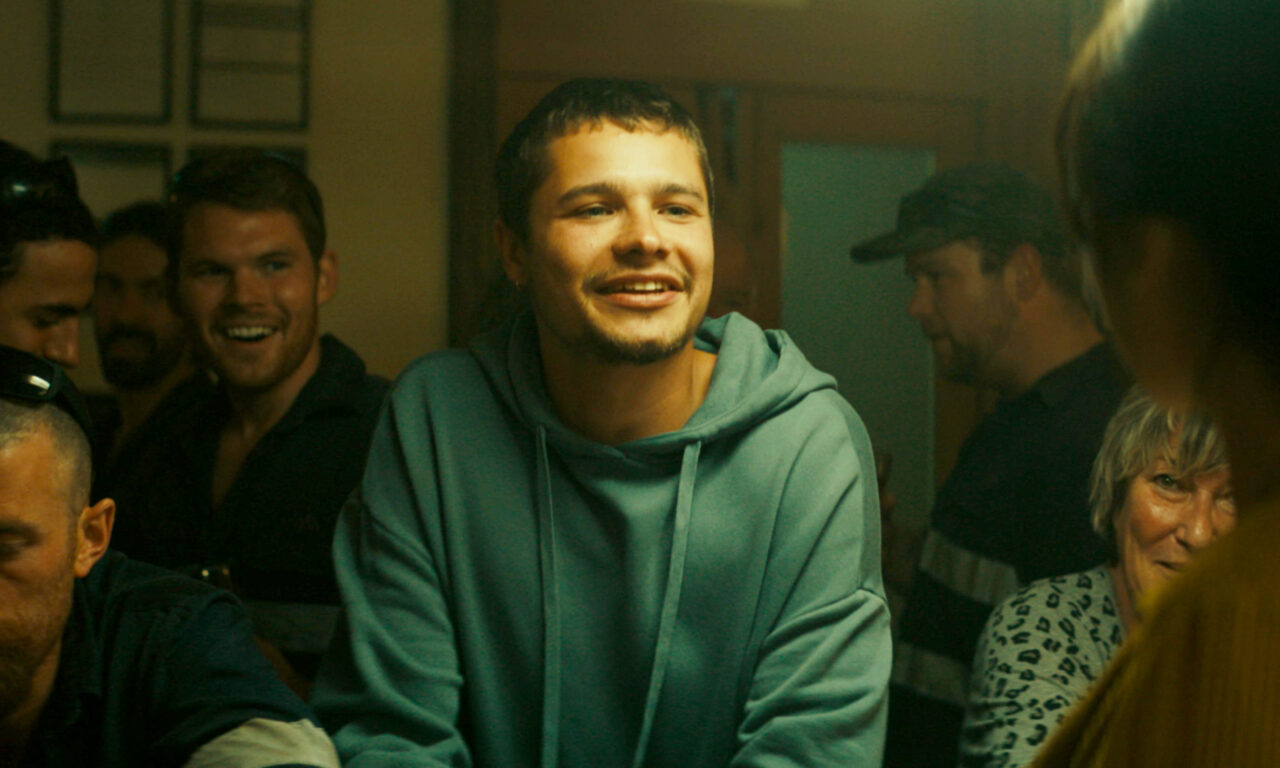
-As you mentioned, I also feel that neither attitude is necessarily the right one.
Kitty: There’s a scene where the men invite the two women to go watch the sunset, but it’s hard to judge whether their intentions are genuine or not. I’ve had people from various countries watch the film, and many Australians view Liv’s attitude as positive because she accepts the situation and enjoys it. However, Americans might question why she would follow along when it seems dangerous. This reflects the diverse attitudes shaped by cultural differences.
-There are moments in the film where Liv’s accepting attitude is admirable, but it also made me realize that it’s important not just to accept everything but to establish your own “line” of what you’re not willing to tolerate.
Kitty: I also have a sense of where my line is. As I’ve gained experience with age, I’ve become better at establishing my boundaries and standing up for myself compared to when I was younger. However, even while making the film, I sometimes wondered if I should have spoken up more. I’m still learning. Speaking out requires confidence, and building that confidence takes time.
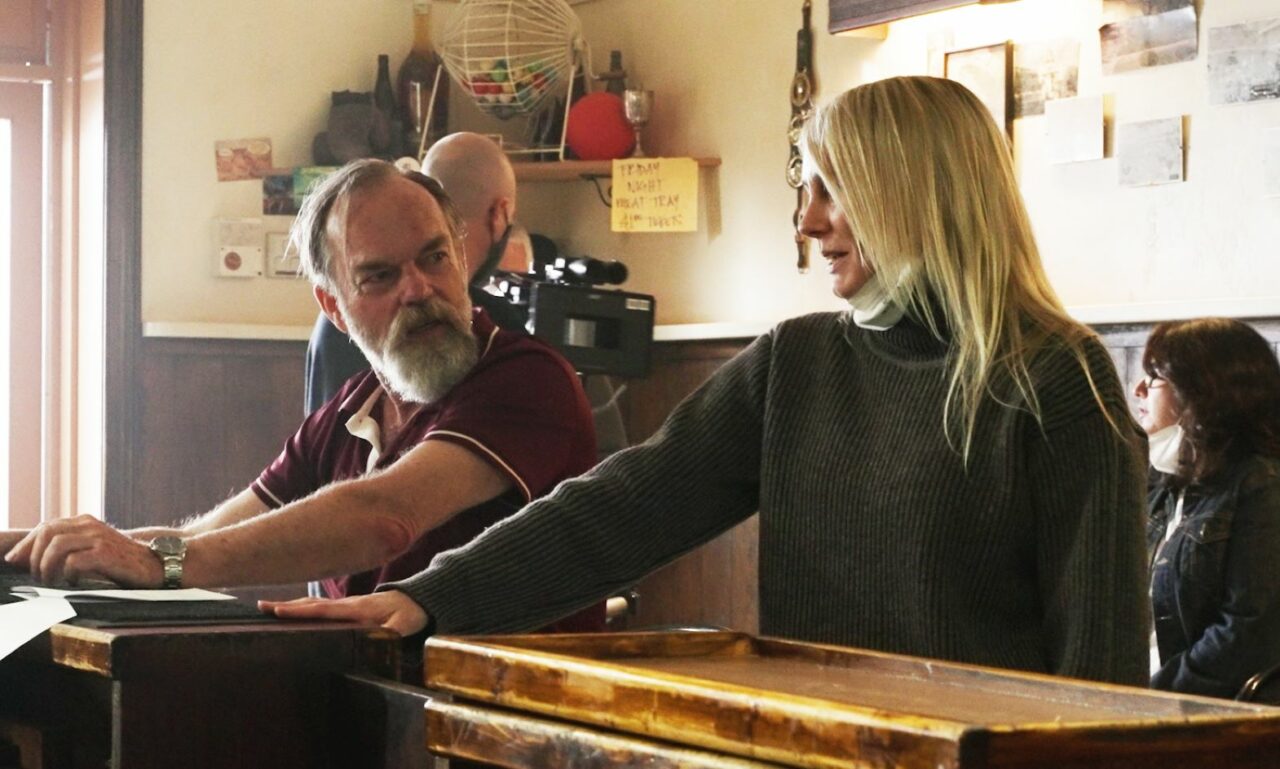
-What do you hope to communicate through this film?
Kitty: Instead of delivering a straightforward message, my focus is on capturing situations that are familiar in everyday life but seldom portrayed in films. Watching Hotel Coolgardie made me recall times when I felt uneasy in social drinking settings. In retrospect, I often brushed off behavior that was actually quite unsettling and frightening. My goal was to highlight and explore these subtle yet uncomfortable moments in detail.
The film mainly delves into Hannah’s internal experiences. By spotlighting instances that might otherwise be overlooked and addressing microaggressions—unintentional yet harmful biases—I aim to reveal how women perceive and deal with such discomforting situations, communicating their experiences with careful attention.
-Even the smallest scenes were illuminated, and I felt that the film thoughtfully explored and conveyed the emotional landscape of those moments.
Kitty: I’m glad to hear that. The close-up shots played a crucial role in achieving that. Initially, I intended to shoot the entire film in wide shots, as an homage to Chantal Akerman’s feminist film ‘Jeanne Dielman, 23 quai du Commerce, 1080 Bruxelles’ from the 1970s. However, once we started shooting, I realized how important it was to capture the protagonist’s emotional responses and observations in close-up. So, I applied the same approach to ‘The Royal Hotel.’
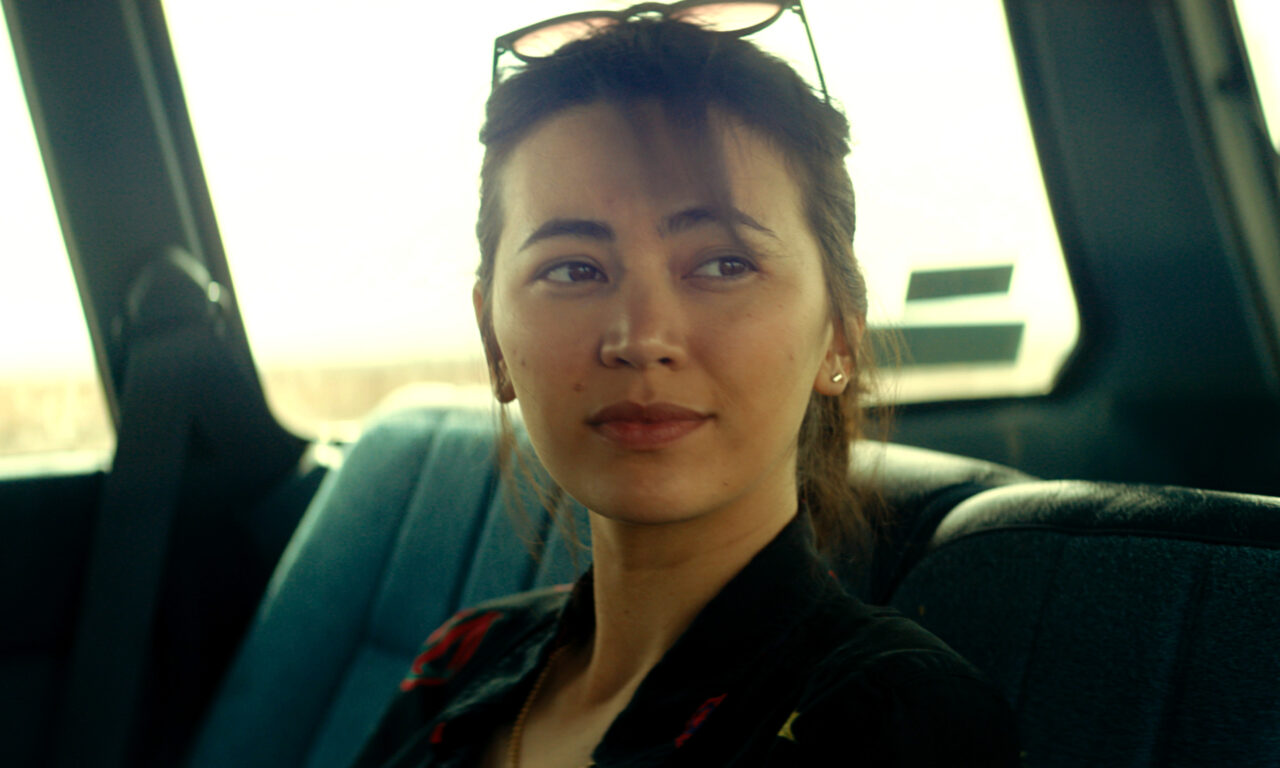
INDEX
Repeatedly Addressing Even Small Discomforts
-Despite the tension, I was touched when the pub owner’s partner reached out to Hannah at a moment of need.
Kitty: I like her so much that I almost wanted to make a whole film about her (laughs). Although she’s not featured in the documentary, I wanted to add another woman to that chaotic male-dominated environment. The actor who played her was also very kind and had a strong presence, bringing the energy of the character into the film.
-From a sisterhood perspective, in this film, Hannah desperately tries to save Liv from being consumed by patriarchy. While it may be challenging to be as strong as Hannah, what does Director Kitty Green believe is important for collaborating with girls who are speaking out about their experiences?
Kitty: It’s a very challenging topic… Speaking up about every issue can be difficult, so I believe it’s about addressing even the small discomforts and repeating that process.
In both ‘The Assistant’ and ‘The Royal Hotel,’ I focused on the accumulation of these small discomforts. As I mentioned earlier, I believe that if we could communicate or address even the most minor moments of discomfort early on, many serious situations could have been avoided. Since the #MeToo movement, new ways of speaking out and resources for support have emerged in the U.S. We’ve become more honest and open about harassment. However, change doesn’t happen overnight. Systems and habits don’t transform easily, and there are still many situations where we wonder, “What should we do?”
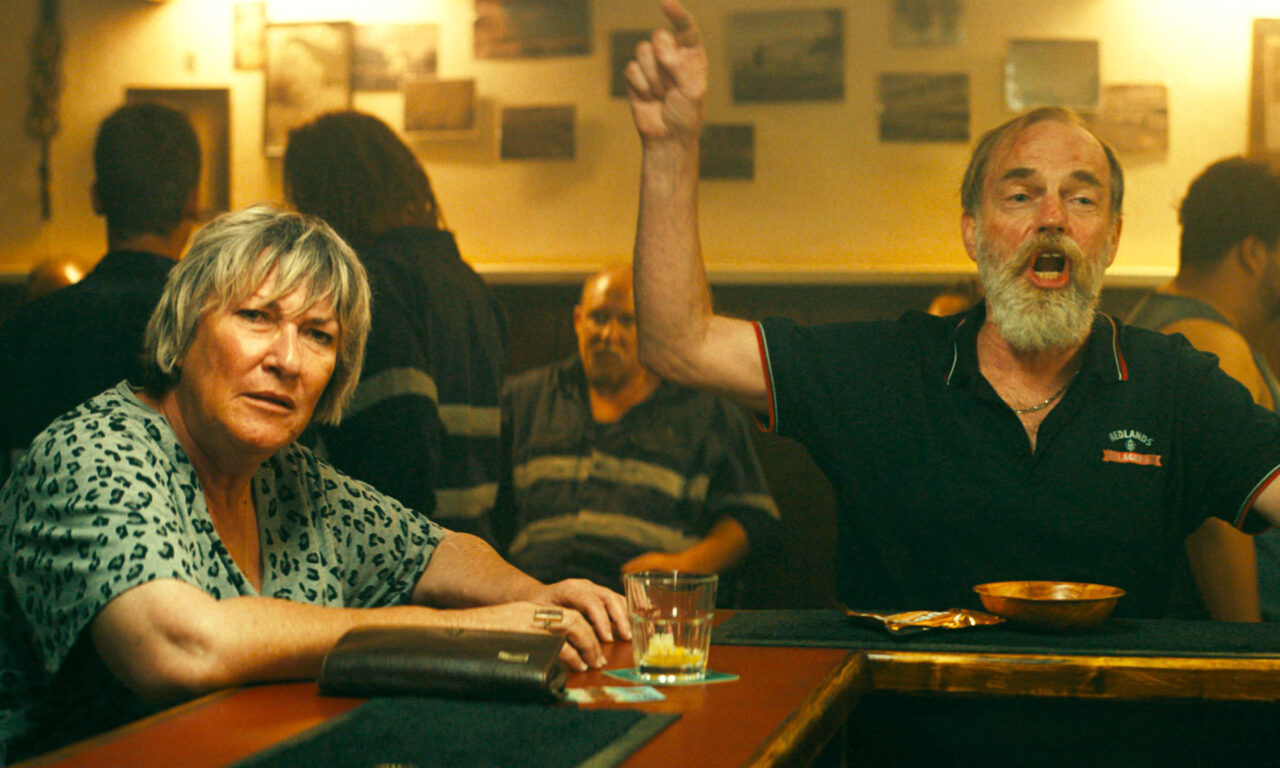
-The protagonist often wondered, “What should I do?”
Kitty: For example, when you feel uncomfortable, you might struggle with when to stand up and whom to trust. In ‘The Royal Hotel,’ there’s no safe place to turn, whereas in ‘The Assistant,’ there is a designated place like “Human Resources” for seeking help. The protagonist seeks refuge there but is ultimately betrayed. Relying on a single source of support can be risky. We need to have more open discussions about where our boundaries are and how to address them. Ideally, we should support each other as much as possible, creating an environment where everyone feels safe regardless of where they are.
The Royal Hotel

Starting July 26, 2024 (Friday), ‘The Royal Hotel’ will be released nationwide, beginning at Human Trust Cinema Yurakucho and other theaters.
Director & Screenwriter: Kitty Green
Screenwriter: Oscar Redding
Producers: Liz Watts, Emile Sherman, Ian Canning
Cinematography: Michael Rathan
Composer: Jed Palmer
Starring: Julia Garner, Jessica Henwick, Hugo Weaving, Toby Wallace, Herbert Nordrum
Distributor: Unplugged
2023 / Australia / 91 min / 2.39:1 / Color / 5.1ch / Subtitles: Reiko Tamuna
© 2022 Hanna and Liv Holdings Pty. Ltd., Screen Australia, and Create NSW




